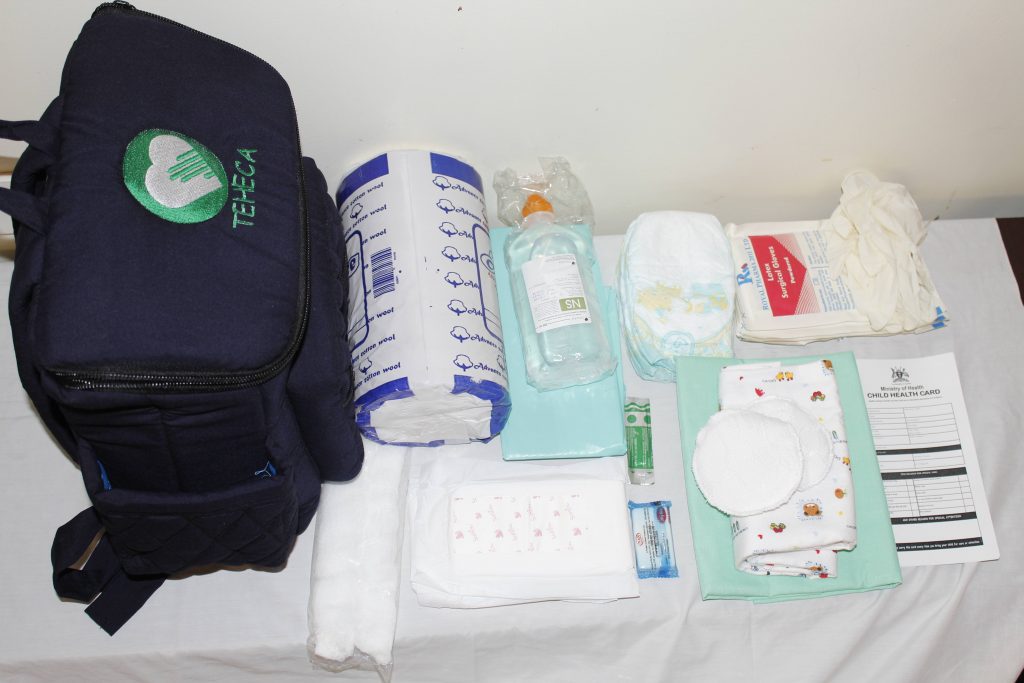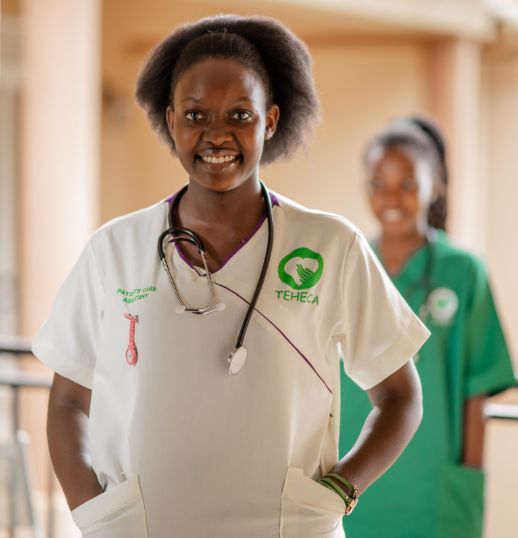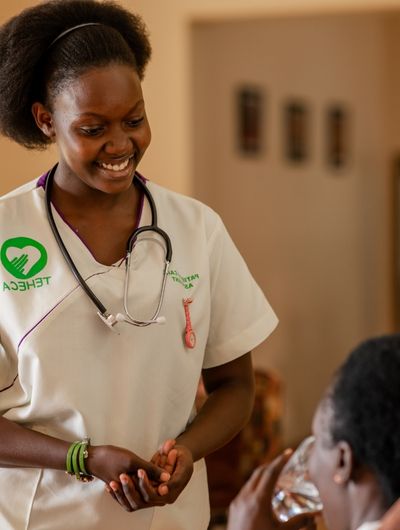For this article we shall continue with part 2 of 5 ways to increase chances of a safe delivery for mothers, this follows from part 1 of the series.
3. Screen for bleeding disorder.
Check for high blood pressure as this multiplies bleeding rate hence reducing the survival rates of the mother, ensure you keep track of your blood pressure every time you visit a health worker or during the antenatal visits.
Also if you are planning to deliver from a hospital other than the one you’re taking your antenatal classes from, please alert them of your medical conditions
Bleeding disorders can be inherited or acquired. Inherited disorders are passed down through genetics. Acquired disorders can develop or spontaneously occur later in life. Some bleeding disorders can result in severe bleeding following an accident or injury. In other disorders, heavy bleeding can happen suddenly and for no reason.There are numerous different bleeding disorders, but the following are the most common ones:
- Hemophilia A and B are conditions that occur when there are low levels of clotting factors in your blood. It causes heavy or unusual bleeding into the joints. Though hemophilia is rare, it can have life-threatening complications.
- Factor II, V, VII, X, or XII deficiencies are bleeding disorders related to blood clotting problems or abnormal bleeding problems.
- Von Willebrand’s disease isthe most common inherited bleeding disorder. It develops when the blood lacks von Willebrand factor, which helps the blood to clot.
4. Protect against Malaria.
Malaria is very dangerous during pregnancy and the best fight against it is to prevent it from happening.
Some preventive measures include sleeping under a treated mosquito net, draining all stagnant water around your home and use of mosquito repellants. Malaria destroys red blood cells in the body thus increasing your chances of becoming anaemic, do you see the connection here between malaria and haemorrhage, if malaria has already drained blood out you and here you are having excessive bleeding, what are your chances.
Also consult your health worker in case of malaria to get the best treatment, Don’t self medicate.
5. Get close to your health care provider
Why is this important, before being health workers, they are human, we all can attest to the benefits personal connections in our everyday lives. This will also allow you open up and ask more pressing questions that you would otherwise not have asked, hence enabling you to prepare over and above.
Bonus tips for safe delivery
- Plan for emergency funds
- Plan a for transport to and from the hospital
- Plan a head for a care taker to be with you during your hospital stay, this can be a professional care assistant if family is not an option

- Have all your essentials needed in the hospital in one place, easy to reach and let your care taker know about there where about, Have you checked out the prepared mama bag yet
- Go over your hospital check list as the due date closes.
Follow us on Twitter, Facebook and Teheca app to receive more health care tips.
Read our health care tips on the go via Teheca app.
[cta_btn color=”success” size=”” link=”https://play.google.com/store/apps/details?id=com.tehecaapp&hl=en” ]Download Teheca app[/cta_btn]
Do you have more tips to help increase the chances of safe and successful delivery, please share in the comment below.
References: Observer, New vision WHO Safebirth Project





Leave a Reply